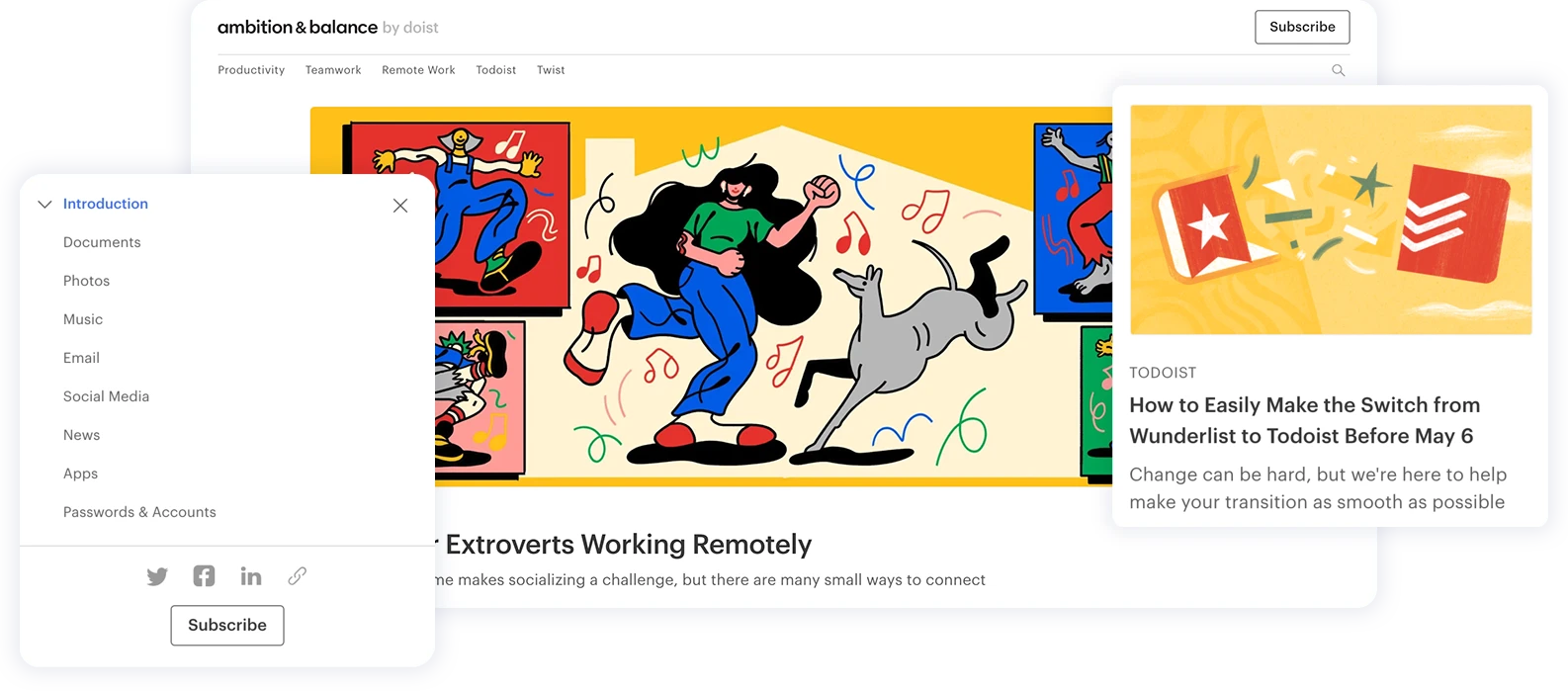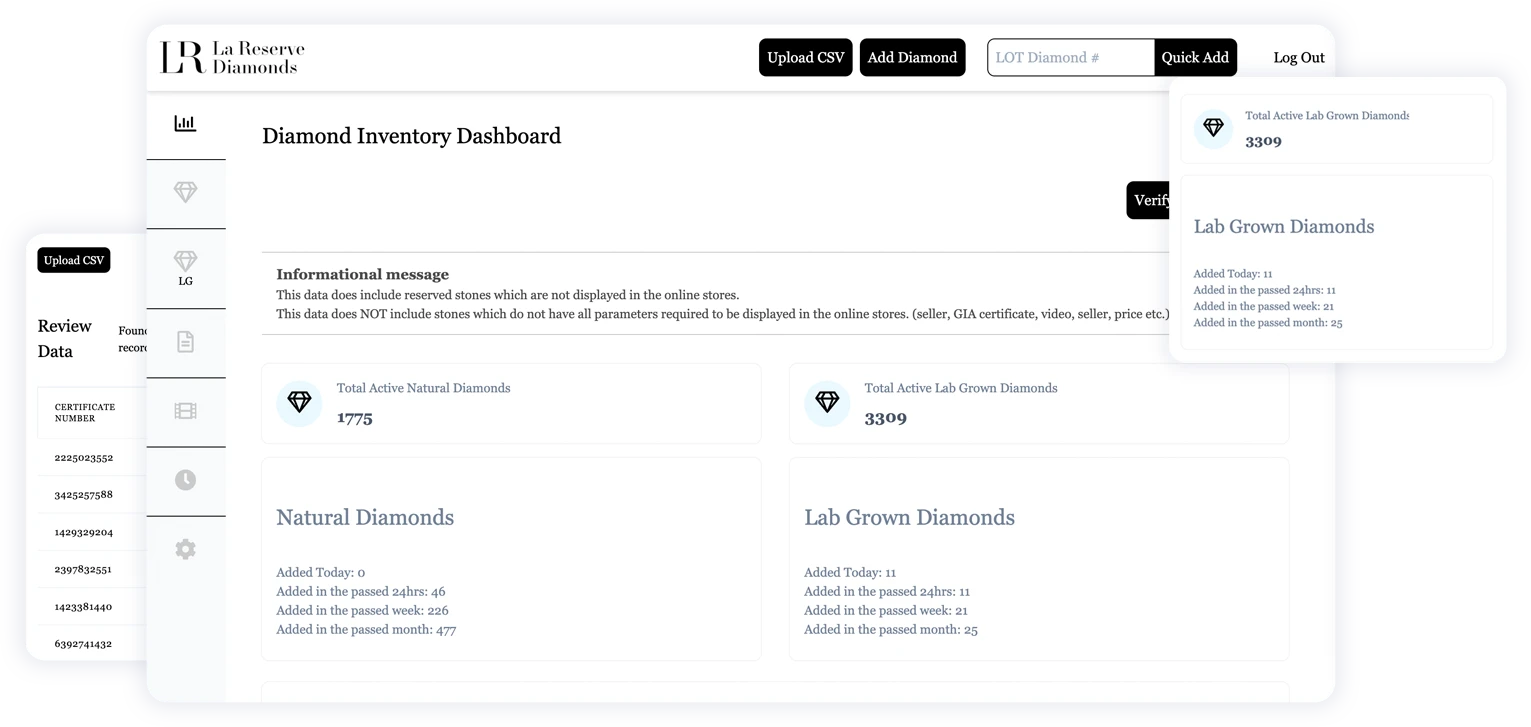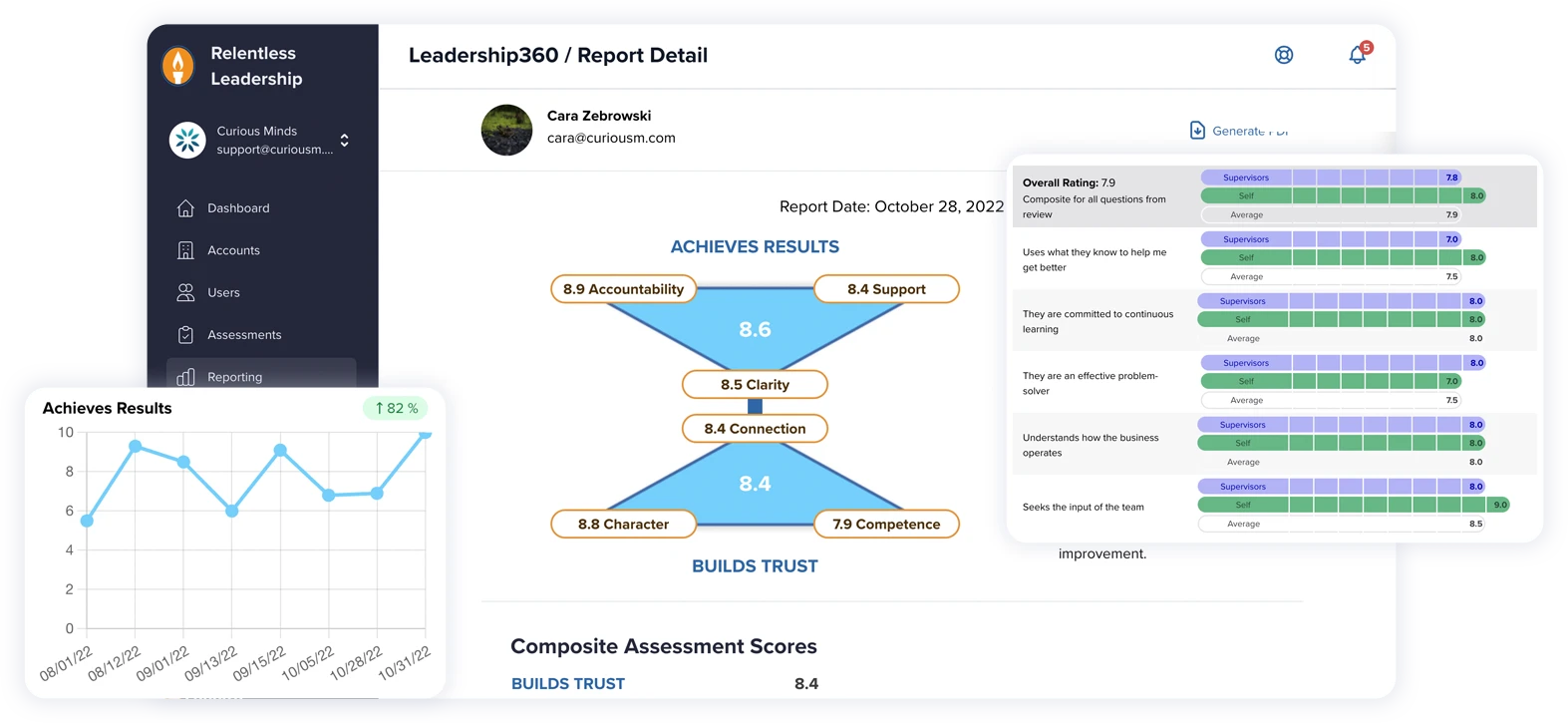Have you ever thought about what cookies are and how they work? These small files help websites remember what you like and make them work better. Although helpful, cookies may give rise to security and privacy issues. Maintaining your privacy online requires that you know how cookies work, the various kinds that are out there, and how to handle them.
Let's examine internet cookies, define their technical terms, and examine useful advice for properly handling them.
What Are Internet Cookies?
Web sites store information about you in small text files called cookies. These files are generated by websites when you visit them in order to save information such as shopping cart items, language preferences, and login credentials. This makes your future visits easier and more personalized. Cookies help websites remember what you did, which makes it easier and faster to browse.
Technically, a cookie is a unique ID that lets a website know it's you when you come back. This helps customize your experience, like keeping you logged in or showing content you like. Persistent cookies remain on your device until you remove them, whereas session cookies are erased when your browser is closed. These may help you remember details like your login credentials or provide you with tailored suggestions based on your browsing activity.
Not all cookies are good for you. Some are made to collect your personal data and track what you do on different websites. Ads that are more relevant to you may be based on a profile of your online activities that tracking cookies allow marketers to compile. There are privacy issues, but it may also offer you advertising that's more relevant to you.
Knowing what cookies do can help you manage them better. Most browsers let you change cookie settings. You can block third-party cookies, delete existing ones, or get alerts when a site tries to place a cookie on your device. Doing this can improve your online privacy and security.
Types of Internet Cookies
Internet cookies come in different forms, each with unique functions. Two main categories are essential cookies and non-essential cookies. Essential cookies are crucial for websites to function properly. For example, session cookies store information temporarily, making your user experience smooth during a single visit. These cookies get deleted when you close your browser.
Another important type is first-party cookies, also known as persistent cookies. These make it easier for you by remembering your settings and preferences. For instance, they remember your chosen language or internal bookmarks, making your next visits more convenient. Authentication cookies, a type of first-party cookie, keep you logged in across different sessions, so you don't have to enter your login details every time.
Third-party cookies and tracking cookies are examples of non-essential cookies. These are often configured for analytics and advertising by other websites. They monitor your online activities on many websites in order to provide you with relevant advertising.
Functionality cookies are another kind that enhance a website's functionality and performance. They keep track of your preferences for language and login information. First-party cookies or third-party cookies may be among them.
Another type is zombie cookies, which are very invasive. They can recreate themselves after being deleted and are often used for long-term tracking.
Lastly, there are magic cookies, an old term from early computing days. They were mainly used for user authentication in server-client communication.
Knowing these types of cookies helps you make better choices about your online privacy and security.
How Internet Cookies Work
When you go back to the same site, your browser sends the cookie back to the server. This helps the site recognize you and recall details like your login info or shopping cart contents. Cookies make it easier so you don’t have to re-enter information every time you visit.
There are different types of cookies. A common one is the session cookie. These track your actions during a single visit to a site, like adding items to a shopping cart. They are deleted when you close your browser.
Persistent cookies stay on your device even after you close the browser. They can remember login details, site preferences, and settings, making your return visits easier. They can expire on a set date or last until you delete them.
First-party cookies come directly from the site you’re visiting and improve your experience. Third-party cookies come from ads or other content on the site and are often used for advertising and tracking across various sites.
By learning how cookies work, you can manage your privacy and browsing better, making smart choices about which cookies to accept or block.
Managing and Controlling Cookies
Managing and controlling cookies is essential for keeping your online privacy and security. Most modern web browsers make it easy to manage cookies. Here’s how you can take control:
Browser Settings: You can control cookies in most online browsers, including Chrome, Firefox, and Safari. These settings are located in the security or privacy sections of your browser. This is where you may change the settings for individual websites or block all cookies.
Cookie cleaning: By removing information that websites use to monitor you, routine cookie clearing might help you feel more private online. This option is often located in your browser's settings under a header like "Clear Browsing Data."
Third-Party Cookies: Third-party cookies are used by advertisers to monitor your online activities across other websites. You may disable them in a lot of browsers. By activating this option, you can lessen invasive monitoring and advertisements.
Cookie Notifications: Websites often show cookie consent banners because of privacy laws like GDPR. Make sure to read these notifications and manage your preferences. You can usually choose which types of cookies to accept, like essential, performance, or marketing cookies.
Browser Extensions: There are many browser extensions that give you more control over cookies. Tools like Cookie AutoDelete, uBlock Origin, or Privacy Badger can help you manage cookies and enhance your online privacy.
Advanced Settings: For more technical users, browsers also support advanced cookie management settings like SameSite and HttpOnly attributes. These can add extra security, especially if you manage a website.
By managing and controlling these factors, you can boost your internet cookie privacy and enjoy a more secure browsing experience.
Bottom Line
You may enhance your surfing experience and better control your online privacy by being aware of what internet cookies are and how they operate. Having control over your cookie settings allows you to access the web with confidence, regardless of your level of computer expertise or knowledge of digital privacy.
Remember, while cookies offer convenience and personalization, knowing how they affect your privacy is important. Use the tips and insights provided to decide which cookies to allow, ensuring a safer and more secure online experience.


















